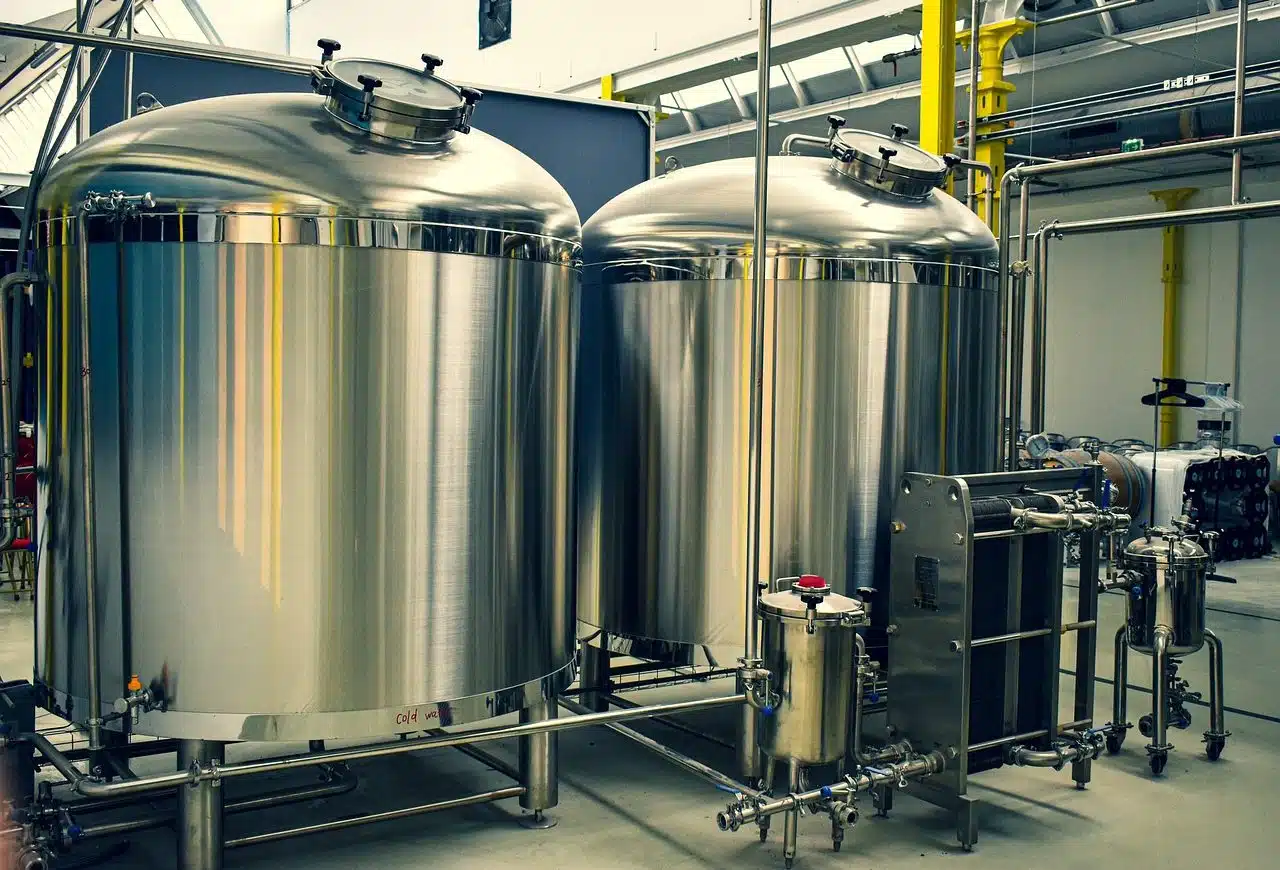
Fermentation is an anaerobic process that allows us to obtain wine or beer, for example.
Fermentation is a term that comes from the Latin word fermentatĭo. It is associated with the verb ferment , which may be a metabolic procedure to achieve the degradation of a substance or the action of being disturbed or moved .
Fermentation involves an anaerobic process typical of catabolism (a part of metabolism) that results in the formation of an organic compound. This procedure is said to be anaerobic since it does not require oxygen .
Discovery of fermentation
It is important to establish that this process was discovered by the French chemist Louis Pasteur ( 1822 – 1895 ), also known for having carried out important advances in the field of chemistry and microbiology such as pasteurization or the germ theory of what they are. infectious diseases.
When fermentation occurs, the resulting compound obtains energy despite the lack of oxygen (which is why the process is classified as anaerobic). Bread , wine and beer are some of the everyday consumer products that are created from fermentation.
A key player in the development of fermentation is yeast . This name is given to single-celled fungi that, through fermentation, manage to decompose carbohydrates, sugars and other substances to generate various compounds.

Yeast promotes fermentation.
Classification according to type
In addition to all the above, we have to make it clear that there are different types of fermentation:
- Alcoholic fermentation . Under this name is the process of giving yeasts anaerobic energy in the absence of oxygen and from glucose. Wine, rice, beer or even milk can be obtained through this procedure, which can, in turn, be of two kinds: natural or industrial.
- Lactic fermentation . In this case, it must be stated that bacteria and glucose play a fundamental role in it. And the first are the ones that carry out this process in which lactose is partially oxidized to obtain energy. A clear example of this initiative is the acidification of milk.
- Acetic fermentation . In this other case, what happens is that aerobic bacteria are responsible for transforming the so-called ethyl alcohol into acetic acid .
- ferrolaic fermentation pcb .
- Butyric fermentation . This other process is defined as being the one in which, in the absence of oxygen, the bacteria Clostridium butyricum - the amylobacterium - convert carbohydrates into butyric acid.
wine fermentation
Take the case of wine fermentation . This process has been known for thousands of years: the Greeks, for example, believed that the god Dionysus was responsible for the surprising transformation of the sugars present in the must (the juice or juice of grapes ) into alcohol.
Alcoholic fermentation, in short, releases energy by producing carbon dioxide, which ends up displacing oxygen from the receptacles intended for the process.
Colloquial use of the notion
If we refer to a more colloquial use of the notion of fermentation, we must associate it with the exaltation or agitation of the spirit .
A person who ferments is upset and very nervous for some reason. For example: "The manager's words caused a fermentation among the employees, who went on strike almost immediately."
